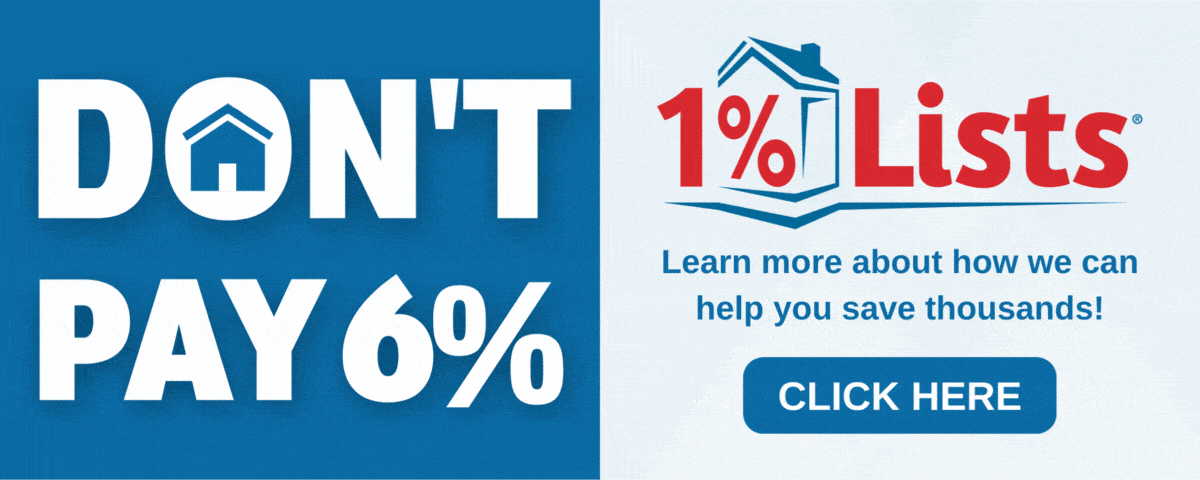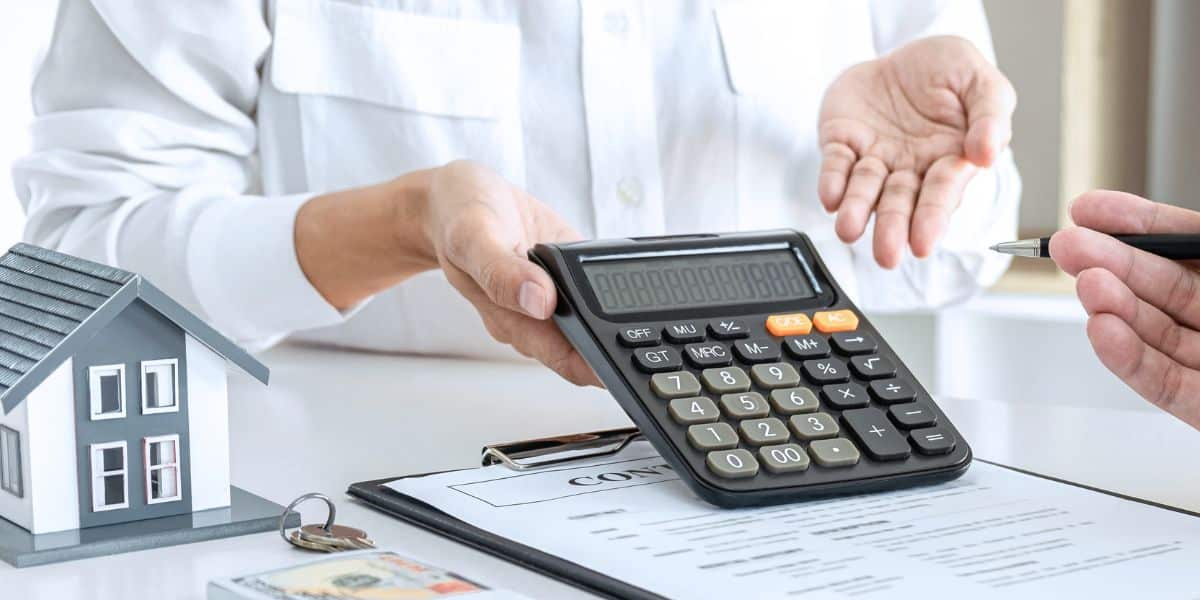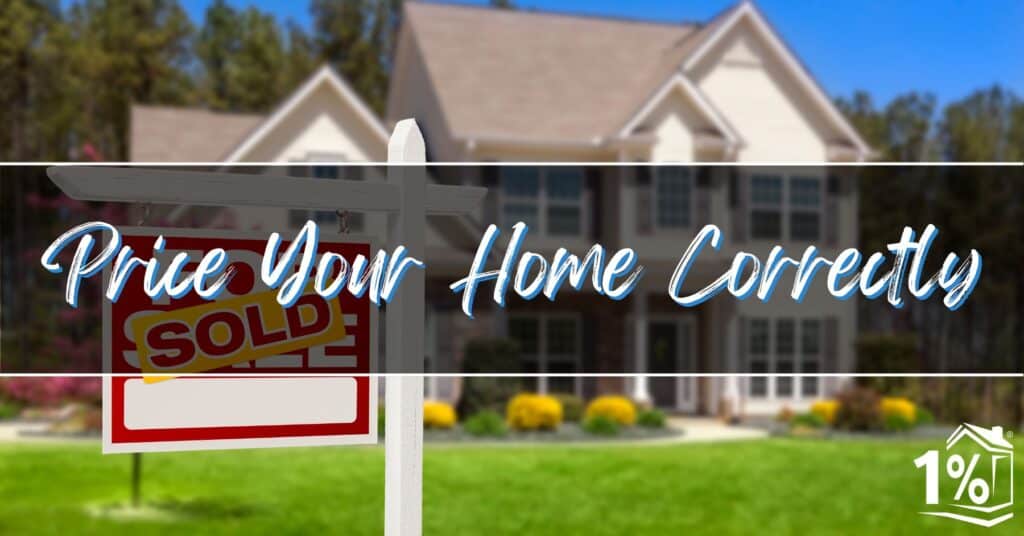How to Price Your Home Correctly When Selling
When selling your home, one of the most critical decisions you’ll make is determining the right price. Set it too high, and your property could sit on the market for months without serious interest. Price it too low, and you might leave significant money on the table. Striking the perfect balance is essential to attracting the right buyers quickly while ensuring you get the best possible return on your investment.
If you’re considering selling your home, working with a discount real estate agent can help you save on commissions without sacrificing professional guidance—especially when it comes to pricing your property correctly. Let’s explore what it takes to determine the right price and how to avoid common pitfalls.
Why Pricing Your Home Correctly Matters
Setting the right price for your home isn’t just a numbers game—it’s a strategy that can make or break your sale.
- The Risks of Overpricing:
Overpricing your home may deter potential buyers, leaving your property languishing on the market. The longer a home stays listed, the more buyers assume there’s something wrong with it. This often leads to price reductions, which can make the property appear even less desirable. - The Dangers of Underpricing:
While pricing low might generate quick interest, it can also mean leaving money on the table. Buyers who recognize a home is undervalued may make offers below even the low asking price, reducing your overall return. - Attracting the Right Buyers:
A well-priced home captures the attention of serious buyers, often leading to competitive offers. With the right pricing strategy, you can strike a balance that appeals to buyers while maximizing your profit.

Factors to Consider When Setting Your Price
Several factors come into play when determining the right price for your home. Working with a real estate professional can help you navigate these considerations to ensure your pricing aligns with market realities.
- Market Conditions:
Understanding whether it’s a buyer’s or seller’s market is key. In a seller’s market, limited inventory can allow for higher pricing, while a buyer’s market may require more competitive pricing to stand out. - Comparable Sales (Comps):
Reviewing recent sales of similar homes in your area provides valuable insights into what buyers are willing to pay. Look for homes with similar square footage, features, and location to guide your pricing. - Unique Features:
Upgrades like a modern kitchen, new roof, or energy-efficient windows can add value to your home. Similarly, your home’s location—such as being in a desirable school district or close to amenities—can impact its price. - Condition of the Property:
A well-maintained home tends to fetch a higher price than one requiring significant repairs or updates. Consider investing in minor improvements or home staging to boost your home’s appeal and value.
By considering these factors and leveraging market data, you can confidently set a price that reflects your home’s true value.
How a Discount Real Estate Agent Can Help
Pricing your home correctly requires more than intuition—it demands expertise, market research, and a solid strategy. This is where working with a discount real estate agent can make a big difference.
- Professional Pricing Analysis:
Discount real estate agents provide the same services as traditional agents, including a detailed comparative market analysis (CMA). This ensures your home is priced based on current market trends and comparable sales in your area. - Maximizing Value While Saving Money:
With lower commission fees, a discount agent can help you keep more of your home’s sale price in your pocket. These savings can be reinvested in home improvements or staging efforts to further enhance your property’s value. - Expert Guidance:
From setting the right price to negotiating offers, discount agents bring the same professional expertise you’d expect, but at a fraction of the cost.
By working with a discount real estate agent, you can achieve the perfect price point without breaking the bank on commission fees.
Preparing Your Home to Maximize Value
Even the best pricing strategy won’t succeed if your home isn’t presented in its best light. Preparing your home for sale is a crucial step in maximizing its perceived value.
- The Role of Home Staging:
Staging your home can make a significant difference in how buyers perceive its value. A staged home feels more inviting and allows buyers to visualize themselves living there. Simple steps like decluttering, rearranging furniture, and adding neutral decor can create a polished, market-ready look. - Invest in Small Upgrades:
Consider minor updates like fresh paint, new hardware, or landscaping touch-ups to boost your home’s appeal. These affordable improvements can justify a higher asking price. - Clean and Maintain:
A clean, well-maintained home signals to buyers that it has been cared for. Pay attention to details like spotless windows, repaired fixtures, and fresh-smelling interiors.
By preparing your home with care, you can increase its value and justify a competitive price point. For more tips, check out our blog on home staging for a detailed guide.

Tools and Resources for Setting the Right Price
When it comes to pricing your home, knowledge is power. Leveraging the right tools and resources can make the process much smoother.
- Online Home Value Estimators:
While online tools can give you a general idea of your home’s value, they aren’t always accurate. Use them as a starting point, but rely on professional advice for precision. - Comparative Market Analysis (CMA):
A CMA from your real estate agent provides a detailed look at comparable homes in your area, factoring in specific details about your property to arrive at a fair price. - Discount Real Estate Agent Expertise:
Experienced agents have access to market data and the knowledge to interpret it. Their insights can ensure your price aligns with current market trends and buyer expectations.
By combining professional guidance with the right tools, you’ll feel confident in your pricing strategy and set your home up for success.
Adjusting Your Price as Needed
Sometimes, despite your best efforts, the market’s response may indicate that a price adjustment is necessary. Recognizing and addressing these signs early can help you stay competitive.
- Signs Your Home May Be Overpriced:
If your home has been on the market for several weeks with little to no interest, it’s likely priced too high. Similarly, feedback from potential buyers or agents pointing to pricing concerns can be a red flag. - How to Make Adjustments:
Adjusting your price doesn’t have to mean a drastic reduction. Small, strategic changes can reignite interest. Work with your real estate agent to determine a new price point based on buyer feedback and updated market data. - Staying Flexible:
Flexibility is key when selling your home. Market conditions can change quickly, and being willing to adapt ensures your home remains competitive and attractive to buyers.
Conclusion
Pricing your home correctly is one of the most important steps in the selling process. By understanding market trends, leveraging professional guidance, and preparing your home to shine, you can attract serious buyers and secure the best possible outcome.
Partnering with a discount real estate agent ensures you get expert pricing advice while saving on commission fees, leaving more money in your pocket. Don’t forget to invest in staging and small improvements to enhance your home’s appeal and maximize its value.
With the right strategy and support, pricing your home correctly doesn’t have to be overwhelming. If you’re ready to take the next step, explore more resources on our blog, including tips on home staging, to ensure your home stands out in today’s competitive market.

